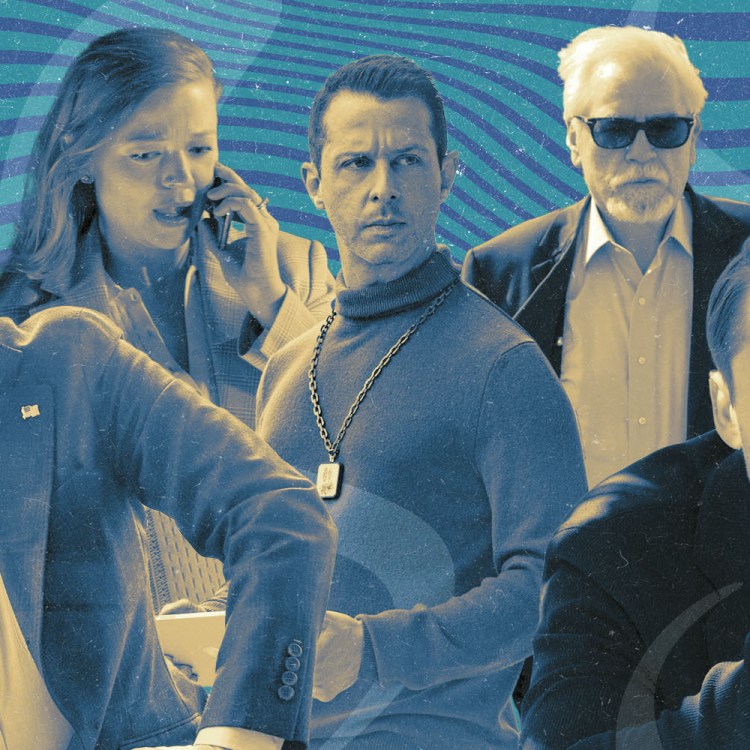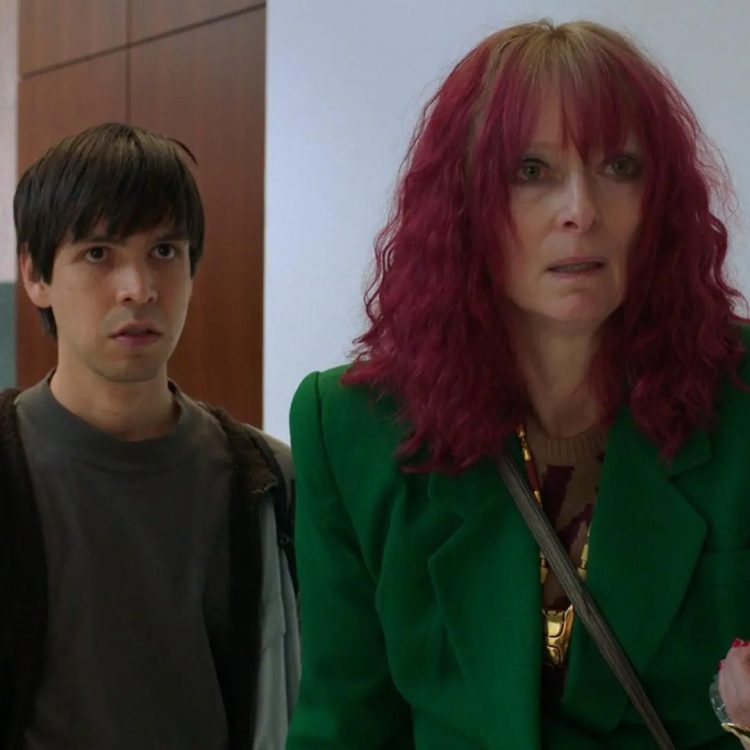Though Game of Thrones wrapped up the current season a few days ago, the show — which is about feuding families in a fictionalized medieval world — has many implications in off-screen arenas.
On Monday night, the day after the season seven finale of the show aired, the libertarian Cato Institute in Washington drew together panelists from think tanks and media to discuss the complexities and ambiguities of the show’s politics, writes The Guardian.
They started out by talking about last season, which was criticized for its “breakneck packing,” despite record viewing numbers.
“It’s been much faster, much more plot-driven and much more cinematic,” said Peter Suderman of the libertarian Reason magazine, according to The Guardian. “At the same time I think it lacks some of the nuanced, methodical character-driven pacing of previous seasons.”
But the biggest focus was on the politics of the show. Moderator Caleb Watney, of the free-market R Street Institute, asked the panel why Westeros, the continent the show takes place, has endured 8,000 years of economic stagnation. The last major economic development viewers are aware of is the development of steel about 6,000 years ago.
Ilya Somin of the Cato Institute points to several factors that economic theorists and historians point to as slowing growth. Long-standing political unity is one, reports The Guardian. For potentially thousands of years, the Targaryens, one of the feuding families in Game of Thrones, dominated the continent with a single unified state, and historically, “competition between states, like in early modern Europe, for example, has been important to economic development.”
Matt Yglesias of Vox, meanwhile, thought that the answer could be found in the unpredictable seasons that can last many years, which inspires the warning from the first episode (which since has populated thousands of memes on the internet): “Winter is coming.”
“It’s hard to develop the kind of agricultural surpluses that would let you have cities and specialization of labour when you not only need to grow enough food to feed people but you need to grow enough food to feed people through an unknown, no-harvest, three, four, six, I mean we don’t even know how long these winters last,” Yglesias said, according to The Guardian. “You can imagine that would be really devastating to urban life.”
Some people have compared Daenerys access to dragons, which could completely destroy the capital and instantly end the war if she wanted, to the US’s use of nuclear bombs against Japan. At the panel, Watney asked whether or not she should have used the dragons in that way.
Suderman said no, reports The Guardian, because she wants to establish herself as a “legitimate ruler who is accepted by the people of this world.” Somin disagreed, saying Dany could have used such an enormous advantage with some precision.
Overall, the panel was able to agree that the real problem is Westeros is pretty simple: there was too much focus on personalities and not enough on political institutions.
Next month, the University of Hertfordshire in the UK will hold a two-day academic conference about Game of Thrones.
This article was featured in the InsideHook newsletter. Sign up now.





















